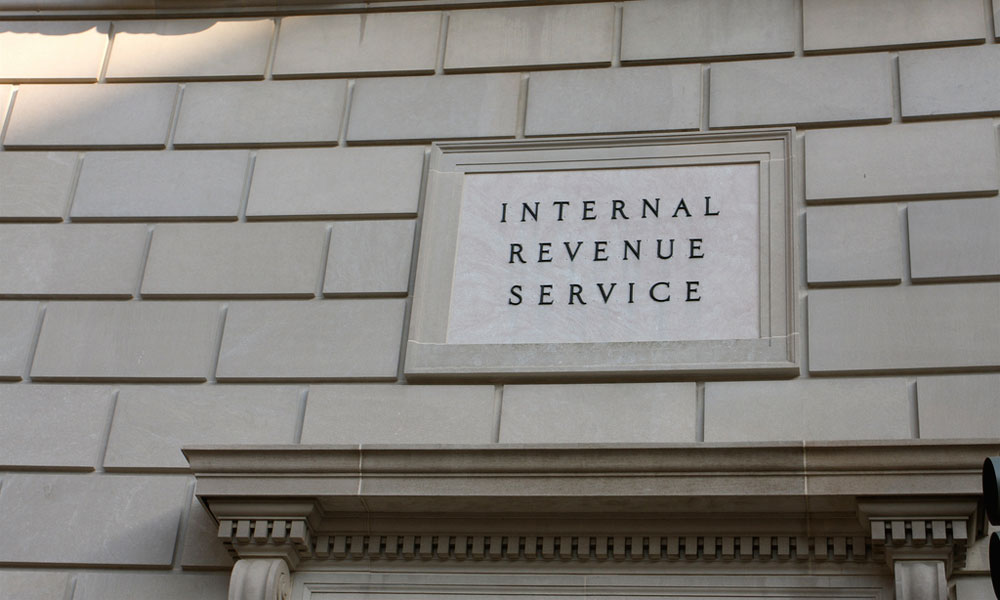
Here’s the Latest On the IRS’s Delayed 501(c)(4) Political Activity Rules
With the IRS expected to step aside during the 2016 election cycle, a nonprofit law expert offers his take on what to expect with the regulations around the political activity of 501(c)(4) social-welfare organizations.
With the IRS expected to step aside during the 2016 election cycle, a nonprofit law expert offers his take on what to expect with the regulations around the political activity of 501(c)(4) social-welfare organizations.
Any movement on the second round of proposed rules on 501(c)(4) political activity by the Internal Revenue Service is going to have to wait until after the 2016 election cycle, according to several reports and sources within the association industry.
The news comes more than a year after the agency received a record number of public comments on its initial attempt to clarify how much politicking social-welfare groups can participate in as well as what exactly qualifies as political activity. After it finished sifting through more than 150,000 comments, IRS Commissioner John Koskinen said the agency would go back and revise the rules based on the feedback it received.
Koskinen gave a brief update on his agency’s progress back in March, but he gave no indication as to when the rules would be ready for a second round of public scrutiny.
The delays could be a sign that the IRS is giving the rules extra attention, which would be quite alright with George Constantine, a partner at the law firm Venable, LLC. “They need to go through a rule-making process that may take long, but really takes into consideration the wide spectrum of opinions that are going to be out there, and come up with something workable,” he said.
Reading between the lines though, Constantine said the delay could also have to do with the IRS wanting to avoid the potential for another targeting scandal with the 2016 election cycle already in full swing. In the end, the IRS has an opportunity to provide a great deal of clarity around a lot of issues related to the political-activity rules, he said.
“A lot of people just want to know where the lines are truly drawn in terms of the quantity of activity and in terms of what precisely is the type of activity that would not fit under an exempt purpose,” said Constantine. “As is the case with so many areas of the exempt section of the code, there’s so much subjectivity right now. It’s difficult for a well-meaning, risk-averse organization to operate and have comfort that what they’re doing is within the bounds of what’s required under the code.”
His advice to the IRS as it goes through this process: take as much time is needed to get these rules right.
“This is a very sensitive area. It’s been the focus of a number of hearings on the Hill, and I have to imagine that the IRS wants to approach this as carefully as possible,” Constantine said. “The fact that the first-round proposal was not received very well—to put it mildly—should provide more impetus for them to approach this next round as carefully as possible.”
(TravelingOtter/Flickr)






Comments